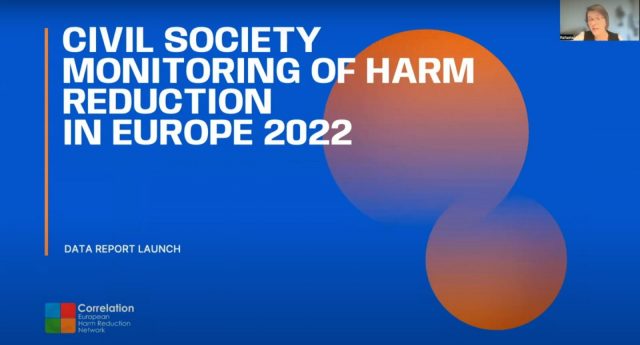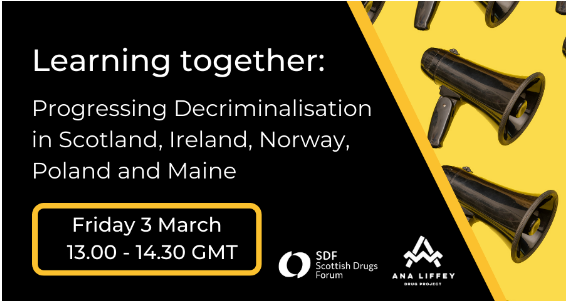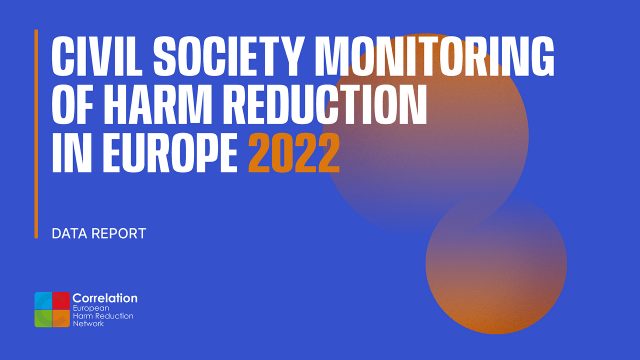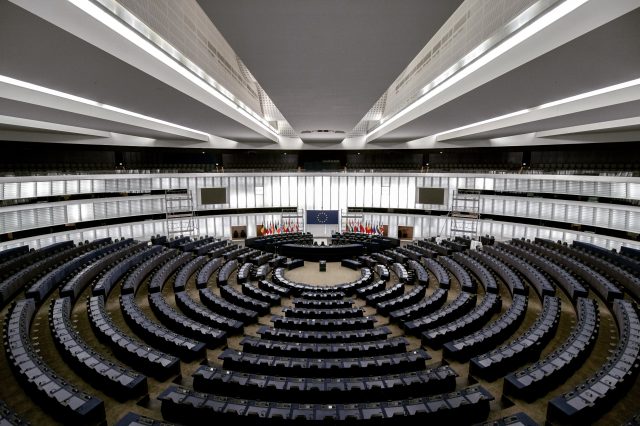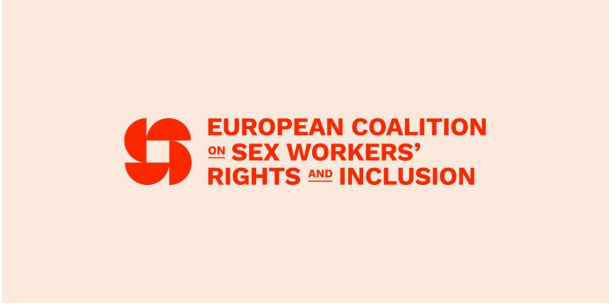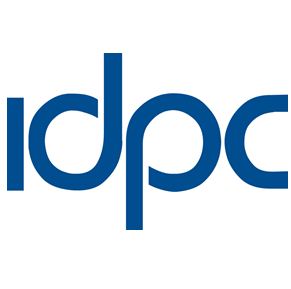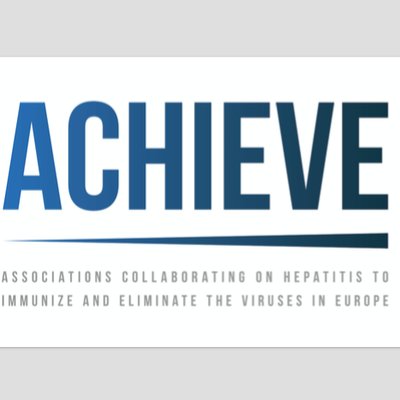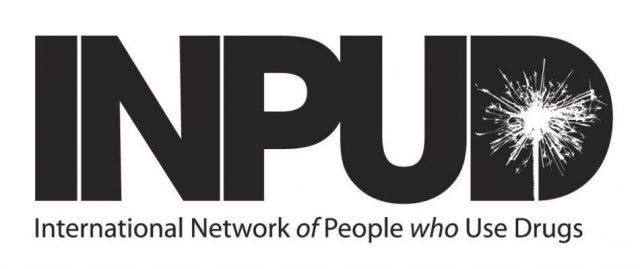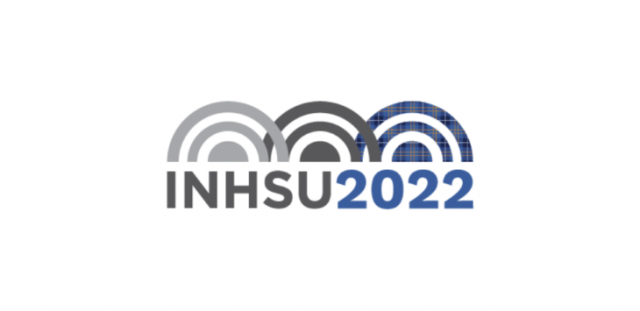We are excited to be attending the INHSU 2022 conference in Glasgow, and want to share some key reflections and images from day 1 (October 18th) as shared by Graham Shaw and Roberto Perez.
At the opening, the Scottish Government’s Minister for Public Health, Women’s Health and Sport, Maree Todd, stated that Scotland was close to halving viral hepatitis C (HCV) prevalence and by as much as 60-70% in some parts of the country. However, she also noted that HCV incidence remains high.

Jason Wallace of the Scottish Drugs Forum (SDF), speaking on behalf of the community of people with lived and living experience, outlined the main points from the statement developed by the community forum the previous day. Of particular note was that research must be controlled by the community, including the early involvement of the community in developing all aspects of a research proposal, as well as ownership of research data. He also stressed that poly drug use is the norm, not the exception. The community also demands a defined role of volunteers as well as to be paid equally for being employed in research work, as well as a clear pathway for peer workers to progress in drug-related programmes, together with proper supervision and support within such organisations.
In Andrew McAuley’s presentation, he spoke of the increasing global trend in drug-related deaths (DRD) which have roughly doubled over the past 30 years and exponentially increased since 2014 and that this trend has further climbed since the COVID-19 pandemic, with the USA and Scotland the stand-out leaders in the rate of DRD. Medically Assisted Therapy (MAT), also known as Opioid Agonist Therapy (OAT), Take-Home Naloxone (THN) were notable responses to opioid-related prevention of deaths and Direct Acting Antivirals (DAA) for the treatment of HCV. Drug Consumption Rooms (DCRs) and Drug Checking Services (DCS) are also key to the prevention of DRD but that there are gaps in evidence.
Niamh Eastwood of Release UK outlined the various aspects of how the war on drugs has failed and how non-white people were clearly being targeted by law enforcement agencies who use the war on drugs as an excuse to stop-and-search non-white people around nine times more often than they do with white individuals. However, advocacy continues to push for the decriminalisation of drug use and possession for personal use, including the cost savings arising from decriminalisation. A picture from the presentation is included below.

Impact of the Russian invasion on ART and OAT access by PWID in Ukraine
Jack Stone of the University of Bristol outlined the impact of disruptions to services for people who inject drugs due to the Russian invasion of Ukraine. Modelling shows that short-term closures of interventions could have a substantial impact on the increase in HIV infections even though OAT and ART access continued to increase outside of conflict areas but reduced in the areas invaded by Russia, partly a result of a drop-off of NGO service provision in such Russian-controlled areas of Ukraine. Images from the presentation are included below.




‘What the fresh hell is this?’
Presented by Garth Mullins, the producer of the Crackdown podcast based in the USA. The session discussed the ever developing emergence of new substances promoted through the consequences of prohibitionist policies, as seen originally in the early 20th century in the USA with alcohol. Particular focus was given to ‘benzo-dope’ and how naloxone responses to overdose only impact the ‘dope’ component and not the benzo’s, leaving people with severe memory loss from a few hours to several days. Contributors provided their own ‘benzo-dope’ overdose experiences, including Jason Wallace of the Scottish Drugs Forum who said that Benzos were implicated in an ever increasing number of drug-related deaths. Angela McBride of the South African Network of People who Use Drugs outlined the impact of alcohol and cigarette prohibition in South Africa during COVID-19 lockdowns but that such experience has been easily forgotten. Sione Crawford of Harm Reduction Victoria, Australia as well as Mat from the Canadian Association of People who Use Drugs (CAPUD) all noted the need for a safe supply to reduce overdose events and continued failure to provide a safe supply of substances will allow the black market to prevail and the resultant high levels of drug-related deaths.
HCV care models
Several different examples of HCV care models were presented from South Africa, Iran and Scotland. In all three countries, services were based within the community through building relationships and keeping each step as simple as possible; such an approach helps to reduce the level of stigma and discrimination experienced by people who inject drugs. In Dundee, Scotland, building such relationships helped move from confrontation to cooperation, such as in interactions with a local pharmacy, as well as the inclusion of other health interventions, such as wound care. In Rafsanjan, Iran, a local entrepreneur helped to fund a local response to provide HCV testing and treatment, with the local community identifying an unused bus that was repurposed and used as a mobile HCV unit. The local service was linked with the University of Medical Sciences and this model of micro-elimination of HCV is now being considered for implementation throughout the country. In South Africa, it was noted that advocacy can result in positive change in service provision and SANPUD capacitates fellow networks and organisations to pressure decision-makers for change to allow improved access to HCV testing and treatment services.
Individual choice
The choice of which opioid maintenance approach is appropriate for the individual was discussed within the context of Switzerland and Australia. A relatively wide range of options are available in Switzerland. The process of supporting an individual includes the person’s preferences as to which opioid agonist should be tried, with examples given for various substances available in Zurich and Arud. The future directions beyond medical treatment were also outlined within the context of the changing legislative environment. Key elements of effective OAT were presented together with approaches to the continued use of other substances by an individual.
In Australia, choice is often associated with not being chained to a pharmacy as well as the endemic stigmatisation of people who use drugs. In addition, there are social aspects to using substances and the medicalisation of treatment often negates this component and options also include the continued use of drugs. Also stressed during the discussion was the apparent fear held by prescribes of being held liable if an individual overdoses and the belittling view of people who use drugs held by legislators that results in unreasonable and excessively tight controls being in place for opioid maintenance.
The social sciences perspective of individual choice was reviewed and the key factors that influence individual preferences were outlined. Considerations that ‘professionals’ can make to facilitate choice by the individual were also provided.
Differentiated choice of the best suitable agonist were discussed. The first priority has to be the preference of the person in treatment; subjective experience and side effects are often overlooked and not addressed.
Long acting full agonsists include;
- Methadone – frequent interactions, QTc, sedated
- L-Polamidon – only in liquid form, less side effects
- SROM (slow release oral morphine) – often better tolerated, no interactions, warmer and more lively
Long acting partial agonist;
- Buprenorphin – sublingual, induction more complex, alert and less opioid feeling

Key elements of effective OAT;
- Accessibility of treatment
- adequate provision of information
- Respect of autonomy of the person in treatment, no coercion, no sanctions
- choice of best tolerated substance in sufficient dose, preferred route of administration
- Take homes by default
- Individualised goal setting, treatment tailored to the needs of the person in treatment
- Diagnosis and treatment of comorbid disorders
On Top Use of other Substances;
- Make sure OAT is optimised (substance, dose, route of administration)
- No sanctions
- Careful use of urine analyses – self report more informative
- Address comorbid disorders (self-medication)
- Consider agonist treatment of stimulant use disorders (also as stand alone treatment for people without opioid dependence).

“How can professionals enable choice in OPT decision making?”
To the extent possible;
- Offer a range of non-stigmatizing treatment options
- Provide accessible information in a range of formats to enable informed decision making
- Listen to patients and answer questions
- Share decision making
- Review treatment and treatment decisions regularly and update
Key factors influencing patient preferences;
- Personal dislike of particular OPT biodelivery systems
- Desired feelings following OPT administration
- Perceived effectiveness
- Concerns about side effects
- Ability to control the OPT
- Impact on everyday life
- Concerns about OPT-related stigma
- Perceived need for adjacent psychosocial support
- Personal treatment goals

